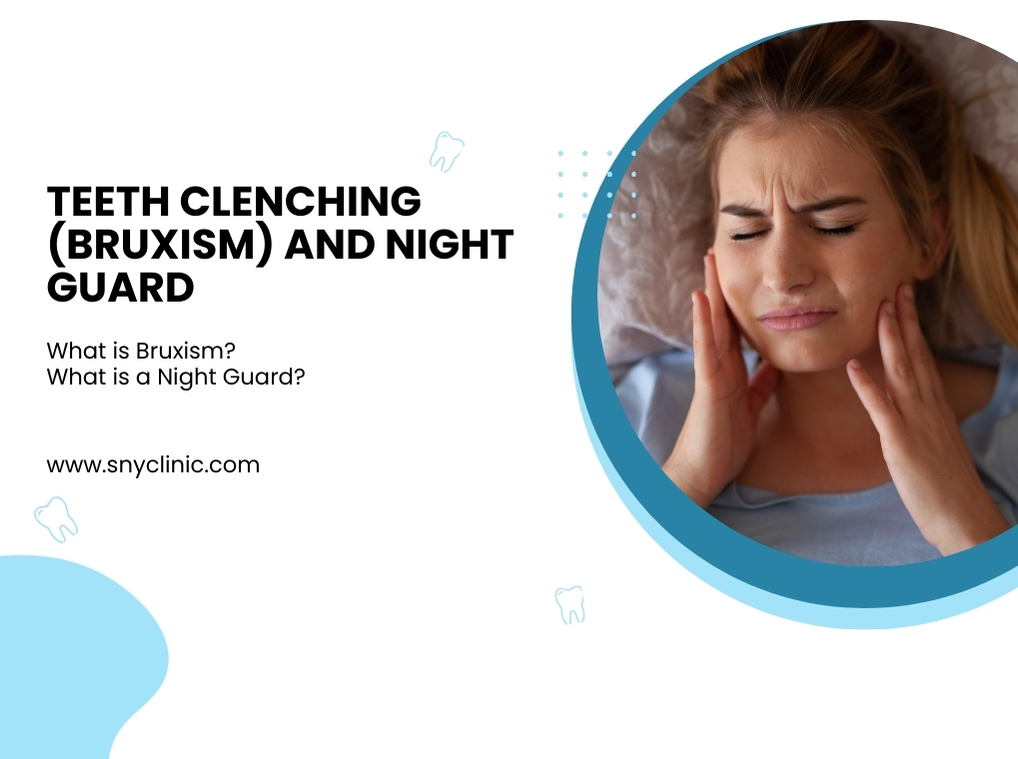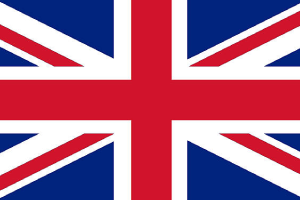
Teeth Clenching (Bruxism) and Night Guard: What You Need to Know
Teeth Clenching (Bruxism) and Night Guard: What You Need to Know
The stress of daily life, a busy pace, and habits that develop unconsciously can affect our dental health more than we think. One of these effects is bruxism, a problem of teeth clenching and grinding. Often occurring unnoticed during sleep, this condition can, over time, cause serious damage to the teeth, jaw joint, and muscles. Fortunately, with the right diagnosis and appropriate protective methods, this problem can be brought under control. In this article, we will examine in detail the causes of bruxism, the symptoms it causes, and one of the most commonly used protective methods — the night guard.
What is Bruxism?
Bruxism is the involuntary clenching or grinding of teeth. This can occur during the day but is most common during sleep. Bruxism that occurs during sleep usually goes unnoticed by the person; however, waking up in the morning with jaw pain or a headache is one of the most obvious signs.
Causes of Teeth Clenching
Although the exact cause of bruxism is not fully known, many factors can trigger this condition:
- Stress and Anxiety: Intense stress in daily life can cause involuntary contraction of jaw muscles during sleep.
- Sleep Disorders: Conditions such as sleep apnea and restless legs syndrome have been associated with bruxism.
- Bite Problems (Malocclusion): Misalignment of the upper and lower teeth can cause the jaw muscles to exert more effort than necessary.
- Certain Medications: Some types of antidepressants may contribute to teeth clenching as a side effect.
- Alcohol, Caffeine, and Smoking: Heavy consumption of these can increase the tendency to grind and clench teeth.
Symptoms of Bruxism
It can often be difficult to detect bruxism. However, the following symptoms may indicate a teeth-clenching problem:
• Waking up with jaw, facial, or head pain
• Tooth sensitivity or cracks in teeth
• Worn tooth surfaces
• Clicking or popping sounds from the jaw joint
• Tension in neck and shoulder muscles
• Grinding sounds noticed by a sleep partner
Problems Caused by Bruxism
If left untreated, teeth clenching can lead to serious oral and jaw health issues over time:
• Tooth Wear and Fractures: Thinning of the enamel, cracks, and even tooth loss.
• Jaw Joint Problems (TMJ): Jaw pain, clicking sounds, and restricted movement.
• Muscle Fatigue: Chronic pain in the jaw, neck, and head muscles due to constant contraction.
• Reduced Sleep Quality: Excessive muscle activity at night prevents proper rest.
What is a Night Guard?
Custom-Made Production: Instead of ready-made standard guards, using ones specially produced by your dentist according to your mouth measurements provides more effective protection.
Benefits of a Night Guard
• Prevents tooth surface wear
• Reduces pressure on the jaw joint
• Relieves muscle fatigue
• Helps reduce head and jaw pain
• Improves sleep quality
Things to Consider When Using a Night Guard
• Custom-Made Production: Prefer guards prepared by your dentist after taking your measurements instead of ready-made ones.
• Regular Cleaning: Keep your guard clean by brushing it after each use and soaking it in special solutions.
• Do Not Skip Check-Ups: Over time, the guard may deform; therefore, visit your dentist regularly for check-ups.
• Consistent Use: Wear it every night for the period recommended by your dentist for effective protection.
Other Methods in Bruxism Treatment
While the night guard plays an important role in managing bruxism, addressing the underlying causes is also necessary. For this purpose, the following methods can be applied:
• Stress Management: Techniques such as meditation, yoga, and breathing exercises.
• Physical Therapy: Massages and exercises aimed at relaxing the jaw muscles.
• Bite Corrections: Orthodontic treatment or dental restorations.
• Lifestyle Changes: Reducing caffeine, alcohol, and smoking.
Teeth clenching is an often unnoticed problem that can negatively affect not only your teeth but also your overall health. Timely diagnosis and the application of proper protective methods can prevent potential permanent damage. The night guard is among the most effective protective solutions in managing bruxism. If you wake up in the mornings with jaw pain, tooth sensitivity, or headaches, you should consult a dentist to safeguard your oral health.




